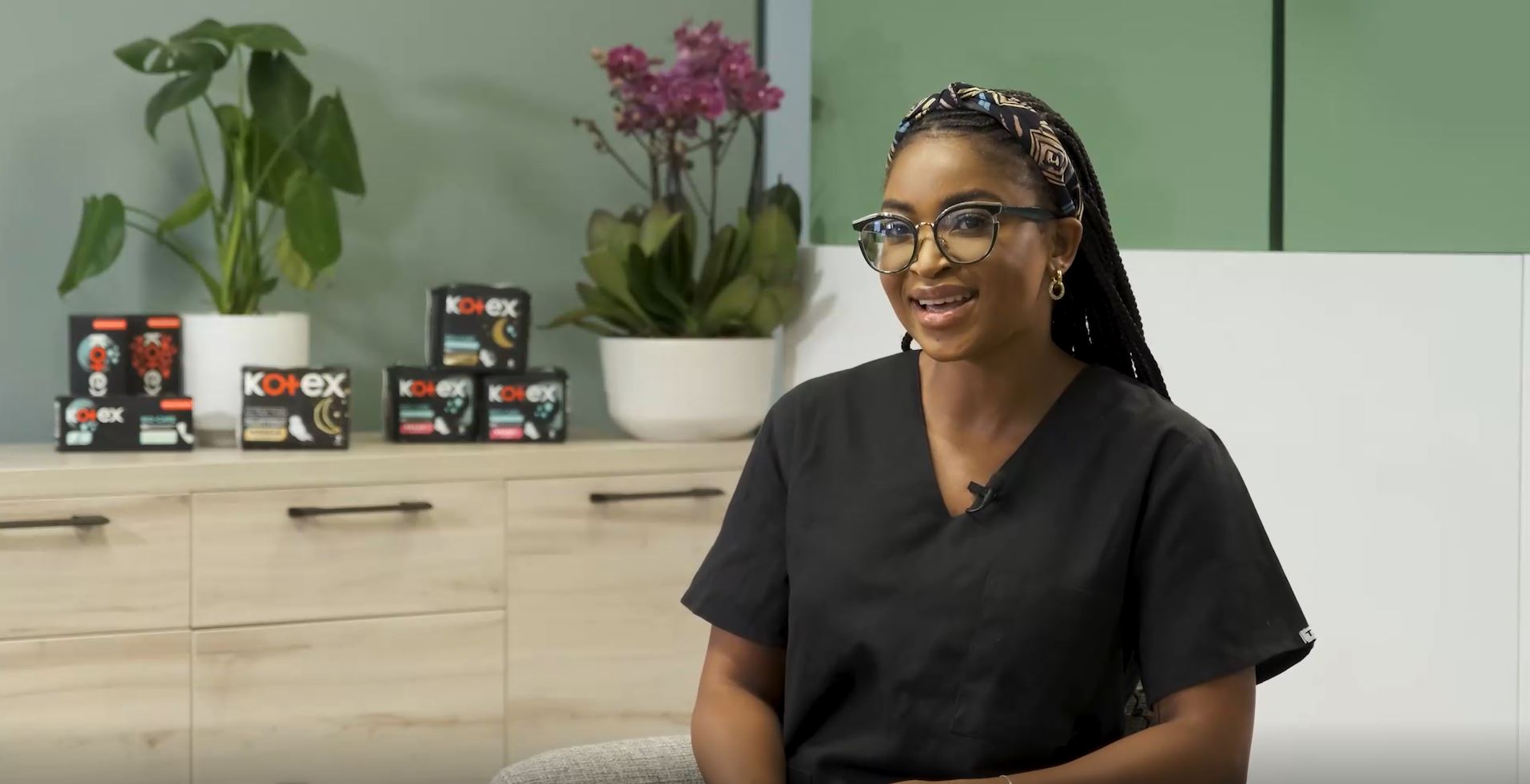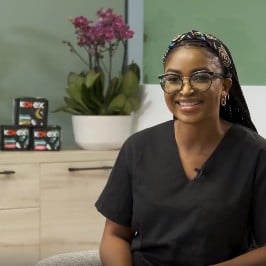-
On average, girls lose about 3-5 tablespoons (around 75 ml to 125 ml) of blood throughout their entire menstrual cycle. However, it's important to note that this can vary from person to person.
-
No, there's no reason for concern. Menstruation occurs cyclically, and each person's cycle can be different. Hormones, emotions, health, lifestyle, and other factors can influence the timing of your period. A typical cycle is about 28 days, but it can vary and be shorter (around 21 days) or longer (up to 90 days).
-
If your periods occur at the beginning and end of the month, it's usually nothing to worry about. Some individuals have shorter cycles, especially during the first few years of menstruation. As your body matures, your cycle may become more regular. Remember, everyone's menstrual cycle can be different, so there's no need to be alarmed.
-
This is a personal decision for everyone. If both you and your partner are comfortable, then there are no strict rules against it. However, it's important to be aware of the risks involved, such as the potential for unplanned pregnancy (if no protection is used) and an increased risk of sexually transmitted infections due to the presence of blood in the vagina.
-
It's a good idea to change your pad or tampon every 3-4 hours. It’s best not to leave a tampon in or pad on for more than 8 hours. However, the frequency may vary based on the flow of your period and your own body's characteristics. It's important to stay attentive to your needs and change them as necessary to maintain hygiene and prevent discomfort.
-
Menstruation is a natural process that occurs in a girl's body as part of her reproductive system. It indicates that your body is healthy and capable of potentially having children in the future.
-
It can be normal for your period to be consistent and arrive around the same day each month. However, it's also common for cycles to vary. Factors like stress, physical activity, extreme dieting, emotional well-being, and other influences can affect the timing of your ovulation and subsequent period.
-
Absolutely! You can still enjoy swimming while on your period by using a tampon. It's a suitable menstrual product that allows you to engage in water activities comfortably.
-
It's not as scary as it seems at first glance. Read the information on the insert inside the tampon package, as it provides instructions on how to insert a tampon. If you still have questions, we can figure it out together. Here's a general guide:
- Make sure your hands are clean.
- Open the tampon package by lightly folding along the line and pull the thread.
- Determine a comfortable position for inserting the tampon (for example, sitting or standing).
- Hold the tampon with your index finger at the base and leave the thread free.
- Relax and gently insert the tampon, first upwards and then diagonally towards the back.
- Make sure the thread remains outside.
- Try walking, sitting, or jumping to ensure comfort. If you don't feel it, then everything was done correctly. If it is felt inside, you can try moving it a little further.
Now you can go about your day!
-
Yes, you can use tampons even if you're a virgin. The hymen has a small opening through which menstrual flow exits the body. Kotex® tampons are designed to fit comfortably into this opening and prevent leakage. During menstruation, the hymen becomes elastic, so there is a lower risk of damaging it. Just make sure to follow proper tampon usage instructions.
-
Absolutely! There are no restrictions on being around boys during your period. You don't need to worry about them finding out unless you choose to share that information with them.
-
Every individual is different, and menstruation begins when the body reaches maturity. Generally, it can occur between the ages of 8 and 14.
-
The main thing is not to panic. Having your first period is a normal part of growing up. Simply put on a pad and remember to change it at least every 4 hours. When disposing of used products, wrap them in paper or wrapping and throw them in the trash.
-
There can be a few reasons for such a short period:
- Pregnancy: If your friend/sister had sex about two weeks prior and this is unusual for her, it could indicate pregnancy. Taking a rapid pregnancy test can help confirm this.
- Hormonal medication: If she is taking hormonal medication, it can affect the duration of her period.
It's best for her to consult a doctor to determine the cause and address any concerns.
-
If you’re not ready to have a baby yet, its important to know that the “pull-out” method is not a reliable form of contraception. Sperm can still enter the vagina due to various factors, and unprotected sex carries the risk of transmitting infections, such as Sexually Transmitted Diseases (STDs). If avoiding pregnancy is a priority, it's recommended to use more effective methods of contraception.
-
Breast tenderness before menstruation is a common occurrence and is part of cyclical breast changes that happen every menstrual cycle until menopause. Hormonal fluctuations, particularly rising estrogen levels in the middle of the cycle and its subsequent decrease before menstruation, can cause breast swelling and discomfort. Wearing a well-supported and comfortable bra can help during such times.
-
Heavy periods can be influenced by a range of factors, including:
- Predisposition: If your mother or grandmother also had heavy periods, it may indicate a familial tendency.
- Estrogen levels: In some cases, heavier and more painful periods are associated with higher estrogen levels, which can be influenced by excess adipose tissue.
If you are concerned about the heaviness of your periods, it is recommended to consult a healthcare professional.


































